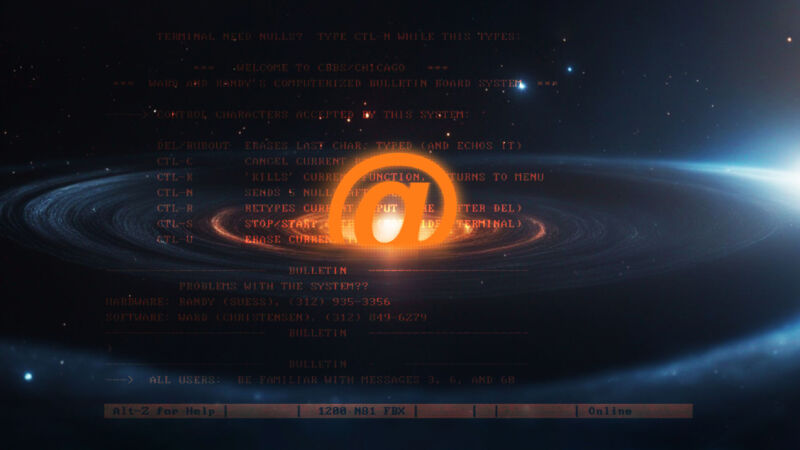First post: A history of online public messaging

Enlarge (credit: Aurich Lawson | Getty Images)
People have been leaving public messages since the first artists painted hunting scenes on cave walls. But it was the invention of electricity that forever changed the way we talked to each other. In 1844, the first message was sent via telegraph. Samuel Morse, who created the binary Morse Code decades before electronic computers were even possible, tapped out, “What hath God wrought?” It was a prophetic first post.
World War II accelerated the invention of digital computers, but they were primarily single-use machines, designed to calculate artillery firing tables or solve scientific problems. As computers got more powerful, the idea of time-sharing became attractive. Computers were expensive, and they spent most of their time idle, waiting for a user to enter keystrokes at a terminal. Time-sharing allowed many people to interact with a single computer at the same time.
Part 0: The Precambrian era of digital communication (1969–1979)
Soon after time-sharing was invented, people started sending messages to other users. But since every computer spoke its own unique machine language and had its own way of storing and retrieving data, none of these machines could talk to each other. The solution to this problem came out of the Pentagon’s Advanced Research Projects Agency (ARPA), and was thus dubbed the “ARPANET.” When two different computers connected to each other through an “IMP” (Interface Message Processor, the first router) in 1969, it was a massive breakthrough.
This post has been read 45 times!
